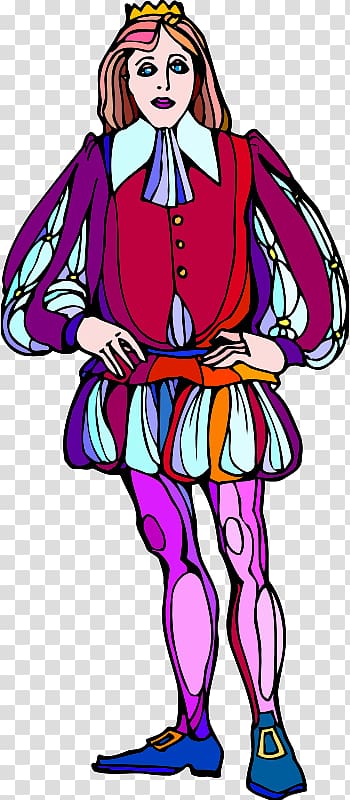

At their camp, nobles arrive and inform Macbeth he has been named the Thane of Cawdor, with Macbeth simultaneously awed and frightened at the prospect of usurping Duncan, in further fulfilment of the prophecy. Macbeth and Banquo do not hear of this news when out riding, they happen upon Three Witches, who hail Macbeth as Thane of Cawdor and future King, and Banquo as lesser and greater. MacDonwald is slain in battle by Macbeth and King Duncan decrees Macbeth shall be awarded the title of Cawdor. In the Middle Ages, a Norwegian and Irish invasion of Scotland aided by traitorous Thane of Cawdor, MacDonwald, is suppressed by Macbeth, Thane of Glamis, and Banquo. Initially controversial for its graphic violence and nudity, the film has since garnered generally positive reviews, and was named Best Film by the National Board of Review in 1972. Following troubled shooting around the British Isles mired by poor weather, Macbeth screened out of competition at the 1972 Cannes Film Festival and was a commercial failure in the United States.

Finding difficulty obtaining sponsorship from major studios, Playboy Enterprises stepped in to provide funding. Polanski opted to adapt Macbeth as a means of coping with the highly publicized Manson Family murder of his wife, Sharon Tate. Themes of historic recurrence, greater pessimism and internal ugliness in physically beautiful characters are added to Shakespeare's story of moral decline, which is presented in a more realistic style. Jon Finch and Francesca Annis star as the title character and his wife, noted for their relative youth as actors. A film adaptation of William Shakespeare's tragedy of the same name, it tells the story of the Highland lord who becomes King of Scotland through treachery and murder.

For I hear that Macduff, who spoke too plainly and failed to appear when summoned by Macbeth, now lives is now out of favor with the king.Macbeth (or The Tragedy of Macbeth and, as stylized onscreen, Roman Polanski's Film of Macbeth) is a 1971 historical drama film directed by Roman Polanski, and co-written by Polanski and Kenneth Tynan. I do believe that if Macbeth had Duncan’s sons in custody-which I pray won’t happen-they would learn the awful the punishment for killing a father. So, given all of this, I think Macbeth has handled things well. And who can disagree that it was monstrous of Malcolm and Donalbain to kill their gracious father? A damned act! How it upset Macbeth! Why, in a righteous rage, didn't he then immediately kill those two servants while they were still drunk and sleeping? Wasn’t that the noble thing for Macbeth to do? Yes, and wise too, because it would have angered anyone alive to hear those two servants deny their guilt. Obviously, men should not go out walking too late at night. I guess, if you like, we can say that Fleance must have killed him, because Fleance ran from the crime scene. And heroic Banquo went out walking too late at night. Macbeth pitied the gracious Duncan-though only after Duncan was dead. I’m just saying that strange things have been happening. What I said before shows the similarity of our thoughts, and we can draw a few further conclusions. Sir, can you tell Where he bestows himself? But, peace! For from broad words, and ‘cause he failed His presence at the tyrant’s feast, I hear Macduff lives in disgrace. And I do think That had he Duncan’s sons under his key- As, an’t please heaven, he shall not-they should find What ’twere to kill a father. So that, I say, He has borne all things well.

Who cannot want the thought how monstrous It was for Malcolm and for Donalbain To kill their gracious father? Damnèd fact! How it did grieve Macbeth! Did he not straight In pious rage the two delinquents tear That were the slaves of drink and thralls of sleep? Was not that nobly done? Ay, and wisely too, For ’twould have angered any heart alive To hear the men deny ’t. And the right-valiant Banquo walked too late, Whom, you may say, if ’t please you, Fleance killed, For Fleance fled. The gracious Duncan Was pitied of Macbeth. Only I say Things have been strangely borne. My former speeches have but hit your thoughts, Which can interpret farther.


 0 kommentar(er)
0 kommentar(er)
